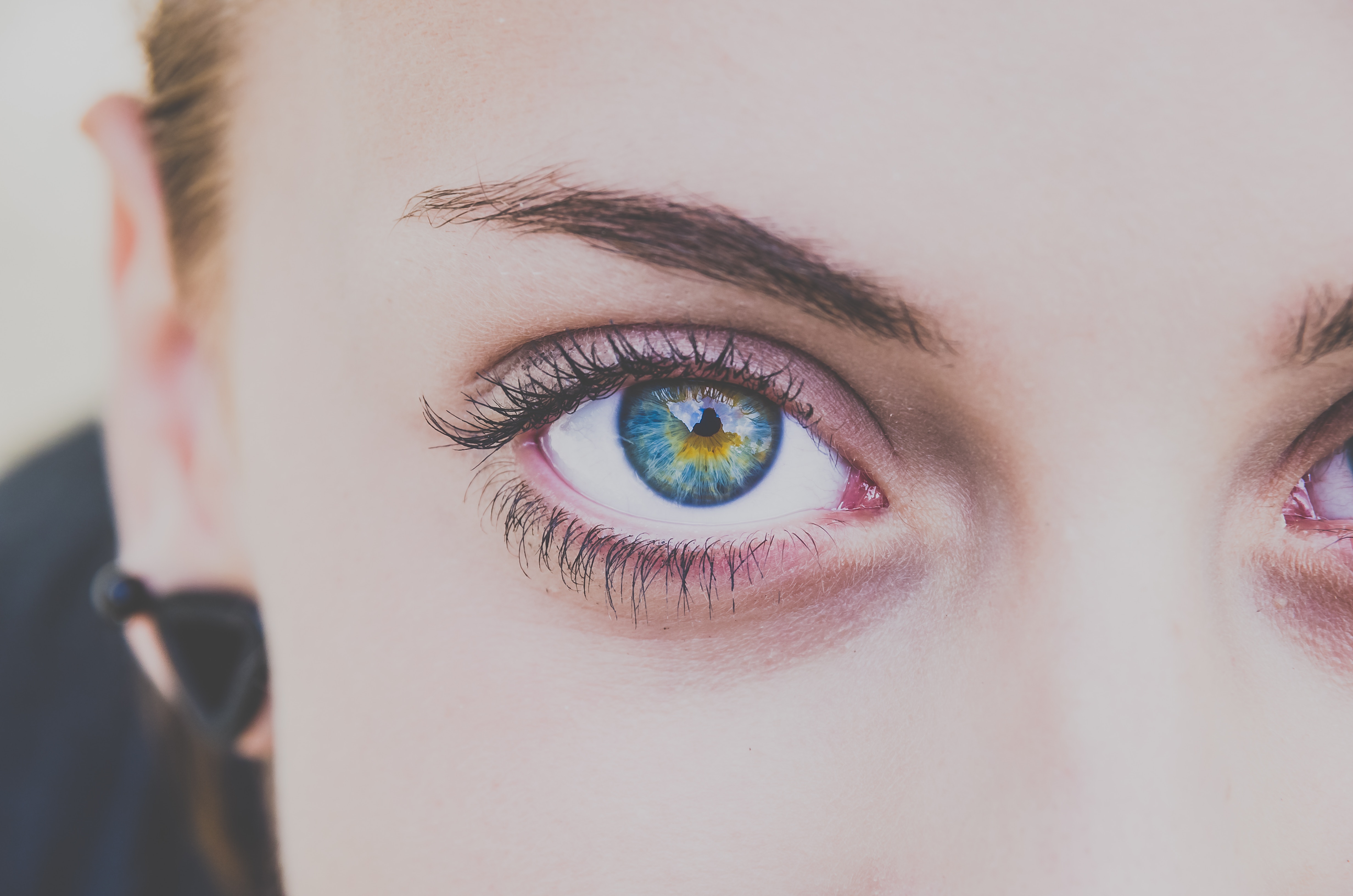Refractive Errors
Posted by Danielwalters.com on 27th Jun 2018

Your vision is based on the shape of your cornea if you get down to the basics. Your corneas reflect light to the retina to create the images you see. A properly shaped cornea sends an undistorted image, but any kind of deviation from that is a refractive error. If your vision is blurry, your eyes feel tired, or you have recurring headaches these are all good reasons to see an eye doctor. An eye exam can determine your problem. The most common errors are below.

DANIEL WALTERS T20 EYEGLASSES
Myopia, or nearsightedness, means that you likely have clear vision close up but blurry in the distance. Hyperopia, or farsightedness, lends to clear vision in the distance but blurry close-up. Both of these problems are solved with a basic eyeglass prescription. While Myopia typically appears during adolescence, Hyperopia can become less severe as kids get older.

DANIEL WALTERS DC131 EYEGLASSES
Presbyopia is the inability to focus close up as a result of aging. Even the healthiest eyes can fall victim to this condition. The surface of the eye becomes more rigid, thus it does not focus as well. Reading may become more difficult and this refractive error can be combined with any of the others, including astigmatism.

DANIEL WALTERS ART 308 EYEGLASSES
Astigmatism is the name for focus problems caused by the cornea. The cornea is typically smooth and rounded, curved in all directions. With astigmatism, one side of your cornea is curved more than the other. The result is a distorted image and blurred vision at all distances. Eyeglasses and contacts are a good way to treat this condition, but some of the less expensive brands of contacts are not well suited.
